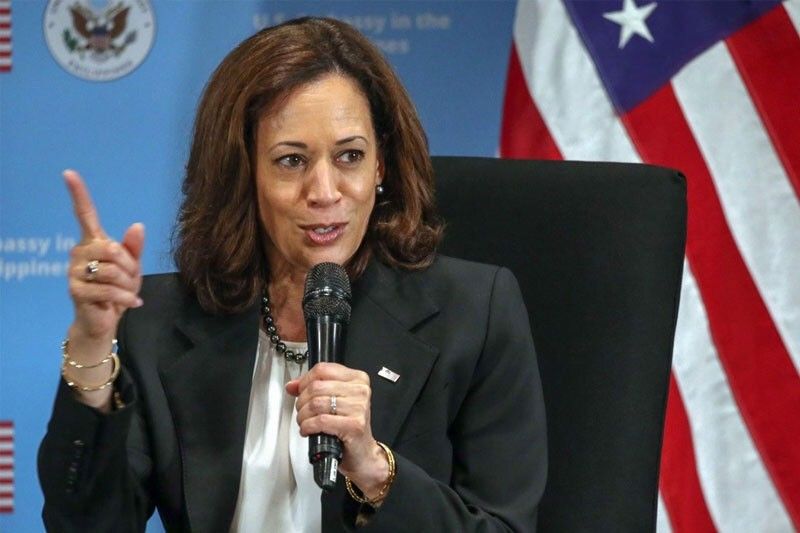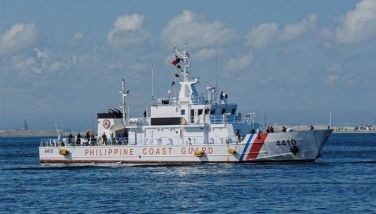Harris: Visit shows US commitment to Philippines

MANILA, Philippines — United States Vice President Kamala Harris said her visit to the Philippines has been a “good trip” that demonstrated US commitment to its ally, and spoke about the importance of recognizing where Palawan exists in the “context of the South China Sea.”
Harris flew to Palawan island, the Philippine province on the frontier of disputed waters in the South China Sea, on Tuesday.
In her speech on board Philippine Coast Guard ship BRP Teresa Magbanua in Palawan, Harris underscored that the 2016 ruling of an international arbitral court invalidating China’s massive claim in the South China Sea is “legally binding and must be respected.”
“It has been important for us, as the United States, to demonstrate our commitment to the Philippines as a whole, but understanding also the nuances and complexities that the people of the Philippines face when it comes to not only what we need to do to ensure security and prosperity for the region, but also what we must do to address the climate crisis, be smart about that, highlight examples and models of how we can empower communities and also speak about the importance of recognizing where this island, in particular, exists in the context of the South China Sea,” Harris told reporters.
“So, it has been a good trip for that reason,” she added.
The Vice President said it was important to be in Palawan where generations of families and individuals have invested in fisheries.
“They have demonstrated an incredible strength in terms of building community, building coalitions around the industries that are dependent on these fisheries to stand up and speak out about sustainable fishing and about the importance of speaking up against illegal activities as it relates to maritime law,” Harris said.
Harris also announced the launch of $7.5 million in additional assistance for Philippine maritime law enforcement agencies.
Her office said the visit was a demonstration of US commitment to stand with its longtime ally in upholding rules-based international maritime order in the South China Sea and counter China’s growing influence in the region.
- Latest
- Trending



























